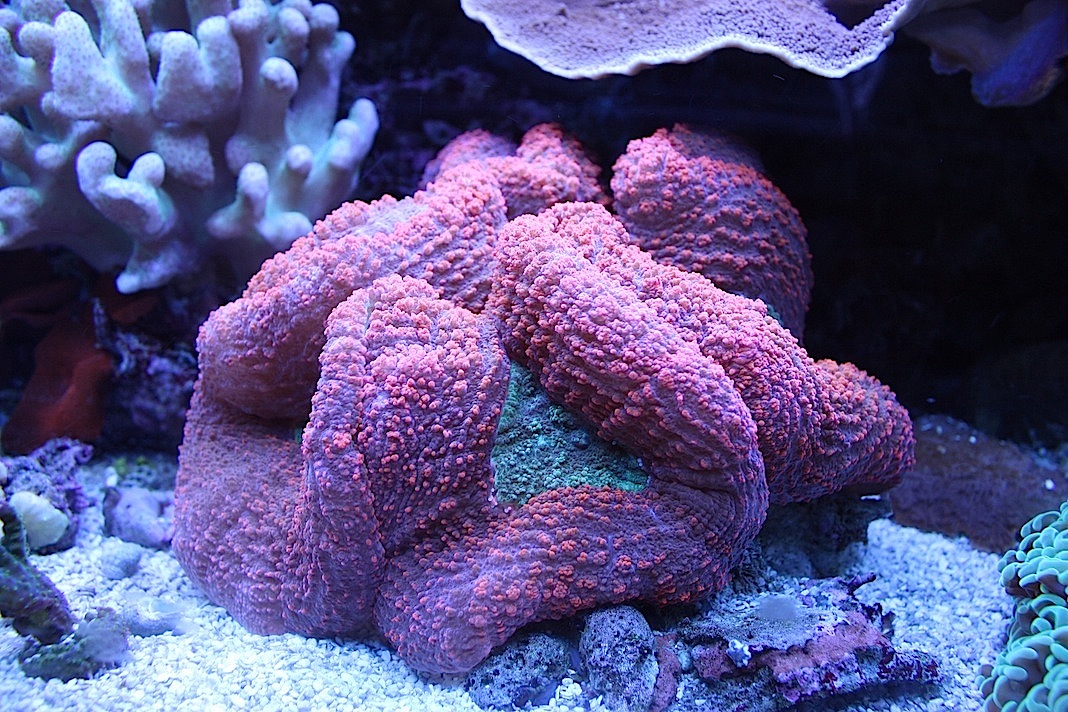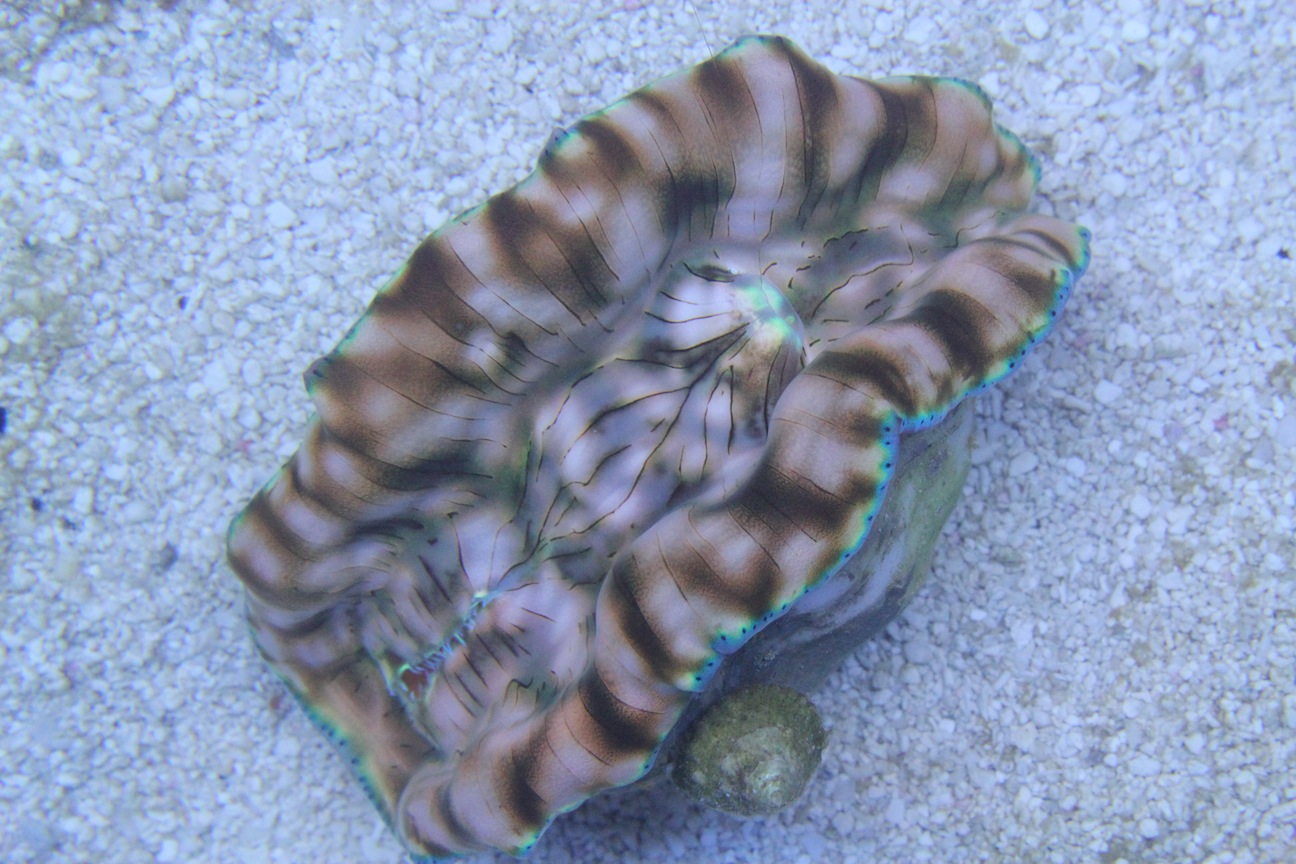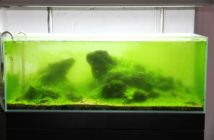Here is a contribution from our newest AquaNerd author, Keith Hatch. Keith is the owner of Super Pet World, local fish store in the Houston area, and has tons of experience in importing aquarium livestock and talking to vendors and wholesalers about new products. We look forward to what Keith has to offer our readers, including some coverage of the upcoming SuperZoo.
We all started somewhere, and questions from interested people who want to get into marine tanks and reef tanks are one of the most common questions asked of me as a retailer. I was a hobbyist long before I ever came to the business so I have been on both ends of the topic and I approach it with a greater goal than just making a sale. I believe that having a strong solid foundation of basic information and knowledge goes a long way towards being successful not only in this hobby but anything in life. There are a few topics I try to really hammer home with potential new hobbyists and they are really bare bones ideas. These are steps that I feel should precede any in depth talk of equipment or livestock.
One of the first things mentioned is always concerning prices and whether or not keeping marine and reef tanks is expensive. Like any hobby this one can be as expensive as you would like to make it but there are obviously costs that cannot be avoided and there are expenses that are relative to your budget. This is why I always suggest that a potential aquarist first make a budget on how much they are comfortable spending on their desired undertaking. You should always buy the best available but that does not necessarily translate to the most expensive and there are many choices not only in good, better and best but expensive and inexpensive. There is also the issue of how spouses or significant others feel concerning an acceptable budget. It can become a serious issue in a relationship especially if one party is not as excited about the new interest. I don’t want someone to feel that I am just trying to sell them my highest priced items to rip them off and working with an amount that they have come up with makes the process easier and more comfortable for both parties.
The other thing I ask someone with an interest in the hobby is to think about a time budget. Having the time and patience to spend the time on success is just as important if not more important than being able to afford getting into the hobby. There is really no way around cycling a tank. I like the bacterial products available and use them on a regular basis but putting living organisms into a system that is not ready for them is a waste of life and only creates frustration to new hobbyists and makes them more likely to abandon the hobby and possibly deter their friends from trying the hobby out. It is important that they know there will be a period of time that the tank will not be full of bright, colorful fish swimming around in large numbers and that this time spent looking at rocks will pay off. They also need to know that they will have to be willing to spend time on maintenance and water changes.
If the person has kept freshwater aquariums before many of them have been in the bad habit of not doing water changes which they can get away with somewhat easily with freshwater fish. Someone that does not have the time for upkeep will not end up being happy with the state of their tank when water changes are missed or cleaning is skipped. Of course there is the option of paying for maintenance which is something we are more than happy to setup and charge for but I think being involved and hands on is part of the hobby which is different than just being the owner of a nice aquarium. Patience is probably one of the most important aspects of enjoying the hobby.
With just these two topics someone can decide if jumping into marine and reef aquarium keeping is something they want to do and do successfully. And, there has not been any confusing talk of lighting, filtration, dosing, housing con-specifics, FOWLR, SPS, LPS and softies. Confusing someone with too much jargon can be a quick way to deter a potential fellow reefer. Like any good education you build a solid foundation of basics and move to advanced topics.
Hopefully this advice is beneficial to potential new hobbyists and maybe even some more advanced hobbyists. We should not discourage people or create an attitude that keeps the hobby from growing. The more successful we all are goes a long way to the sustainability of the hobby and reducing the stress on our natural resources while still allowing us the privilege of keeping these small pieces of the ocean. The more people with an appreciation of the living world around us the more strongly people will feel about preserving it for future generations.







